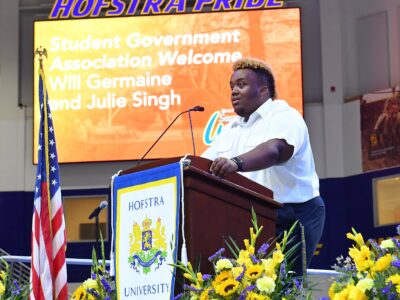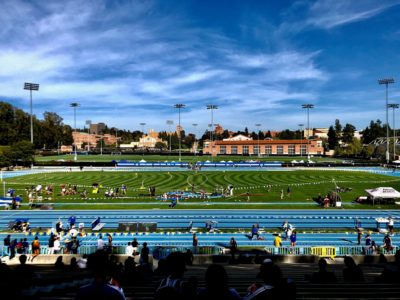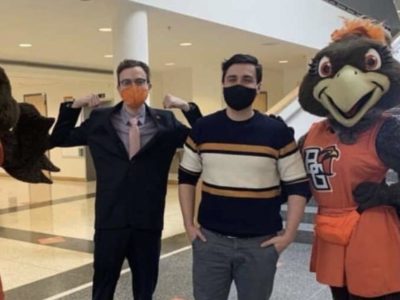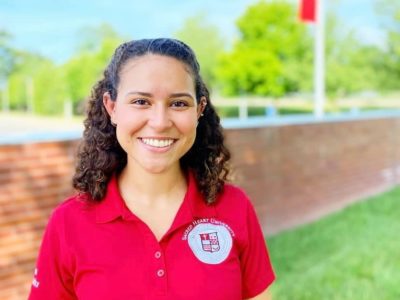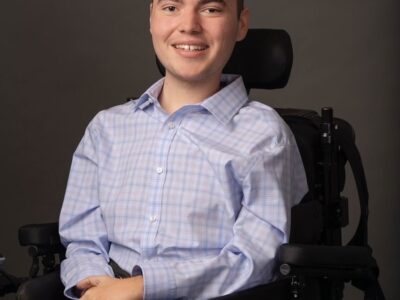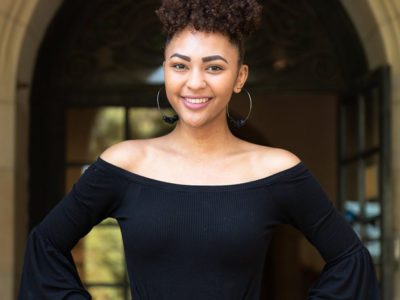Holding the position of student government president means you serve as the representative voice of the student body, acting as the liaison between students, faculty and administration alike to create long-lasting change within a college community. When elected as student government president, one works to solve problems and find solutions to issues that could arise amongst individual classmates or organizations on campus. Not only does the student government president get to make a difference within their school, but they also gain skills that look great on a resume, which can benefit those interested in entering a political or advocational field. Due to its importance, the role of student government president contains many different responsibilities; nonetheless still is a huge honor. Will Germaine, a senior community health major and chemistry / civic engagement double minor pursuing the HPHS dual degree program in a master of health administration at Hofstra University, serves as the Student Government Association (SGA) president for the 2022-2023 academic year.
Keep reading to learn more about Will’s experience as student government president for Hofstra University and what he has planned for the rest of the semester:
Q: Who/What inspired you to run for office?
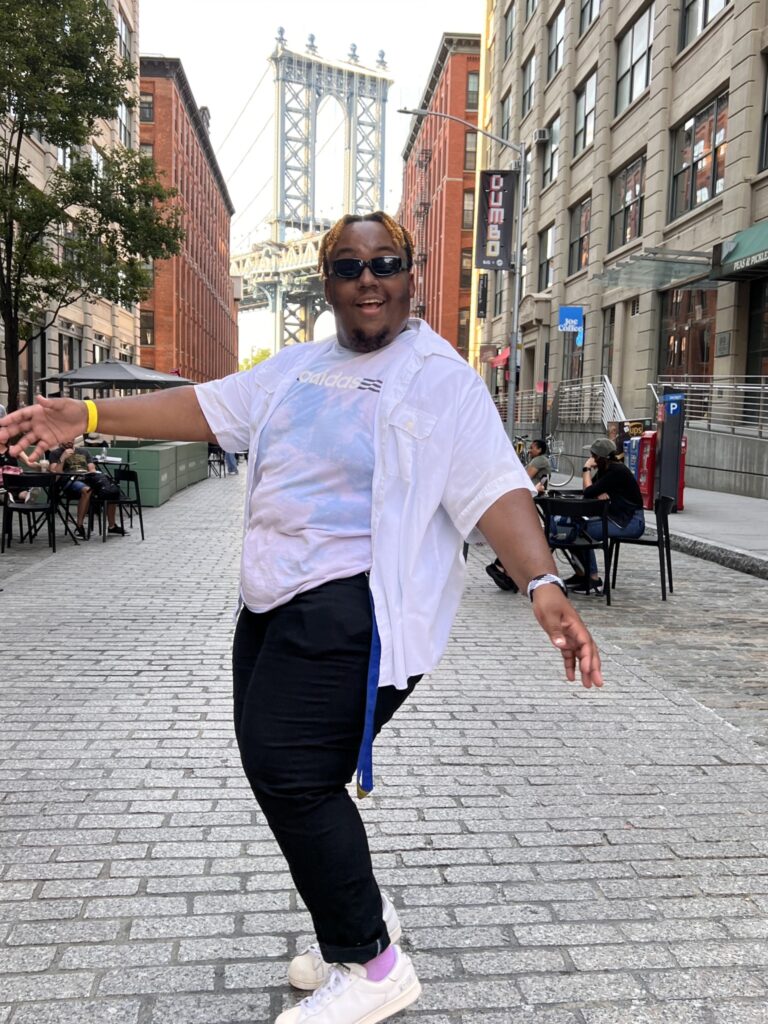
WG: I was inspired to run because of two former presidents. During convocation, as a first-year student, the SGA President and Vice President Kathryn and Kaylor spoke about their passion, love for Hofstra and excitement for the four years we had to come. Seeing their love and passion for the job inspired me to want to be there someday. Then, working as a chair under former President Tara and Vice President Alexa, I saw how someone who cares about advocacy can lead and make changes to better the campus community.
Q: What positions did you hold in Student Government before being president (if any), and what was that experience like compared to being president?
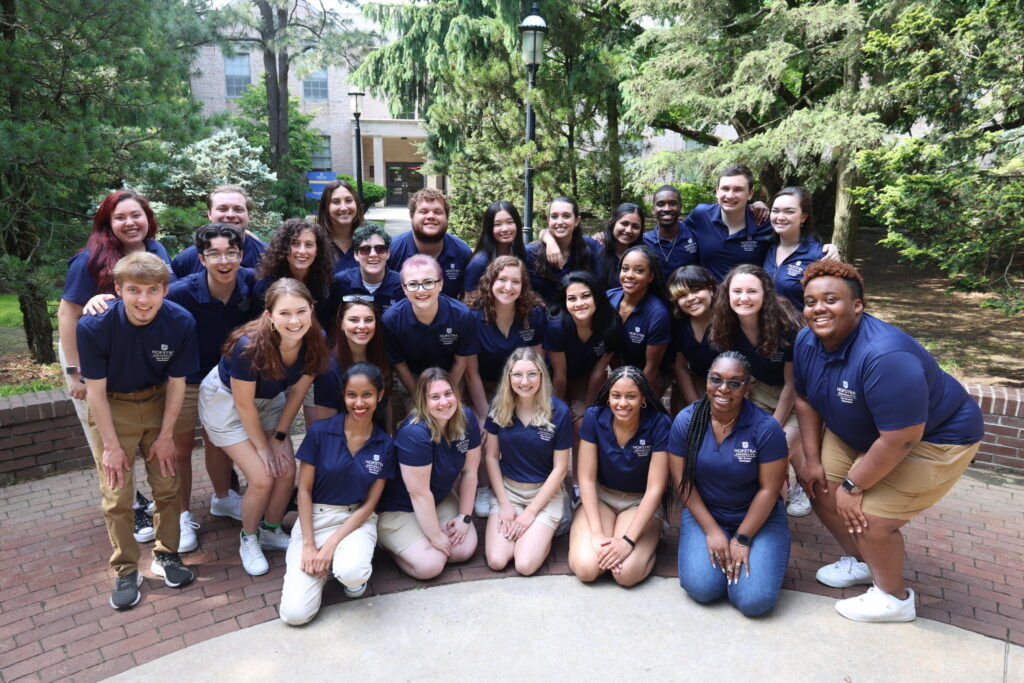
WG: The first position I held in SGA was as a senator on the Equity and Inclusion Committee and the Club Resources Committee. The experience made me realize that students have a lot of needs and they’re not sure who to go to, and being a fellow student who has conversations about student needs empowered me with a great responsibility to ensure these needs get addressed properly and effectively. I was then the equity and inclusion chair for a year and a half, and that taught me how to be a leader, what my leadership style is and how that changes over time. I think being the chair of that committee made me feel better equipped for the presidency because I got my first chance to run a committee meeting, create agendas and do things that I do regularly that are almost second nature.
Q: What are your daily duties and responsibilities as president?
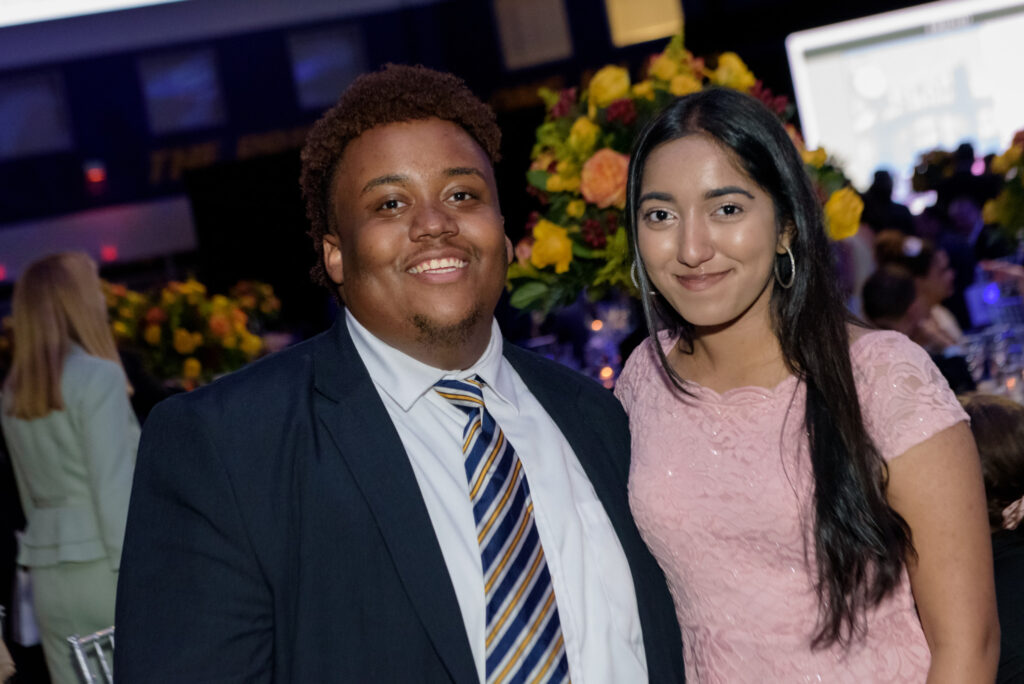
WG: My daily responsibilities as president include sending the weekly email on Mondays just to let everyone know about what’s happening every operational week, having one-on-one meetings with chairs and talking to [chairs] about their initiatives and things going on within their committee. I also have weekly meetings with my advisor for student government and monthly meetings with the University president to discuss student needs alongside the student Vice President, Julie Singh. We also meet monthly with the Board of Trustees at Hofstra University.
Other duties include facilitating executive board and cabinet meetings weekly and attending Senate meetings to give my presidential report. Other responsibilities include sitting on different search committees as they come around for Deans and taking part in different committees upon request. Currently, I am sitting on the steering committee for a university to discuss new programs and initiatives.
Q: What kinds of events is the student government responsible for planning?
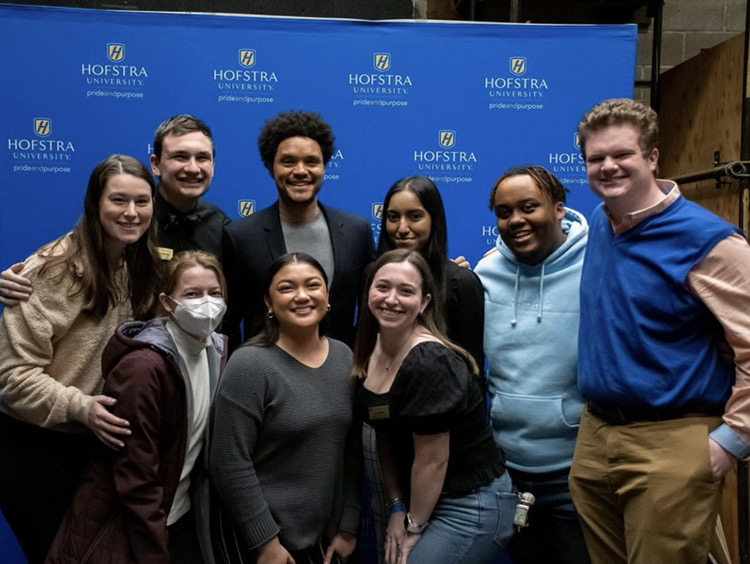
WG: Student Government is responsible for planning the events outlined in our Constitution and policy series. Our biggest event, in my opinion, is Build a Friend, which is like a stress buster event where students come to either a basketball game in the fall or student center in the spring to stuff a stuffed animal and essentially build a friend. It’s great to see students who don’t usually go to events and haven’t really met anyone yet go to these events and meet people and get to know their Hostra community a little bit better. Other events we plan include bringing in guest speakers, like Trevor Noah last year and Colin Jost last semester, as well as many identity-based programs through our Equity and Inclusion Committee and collaboration with our Office of Intercultural Engagement and Inclusion.
Q: How was the election process? Did you do any campaigning?
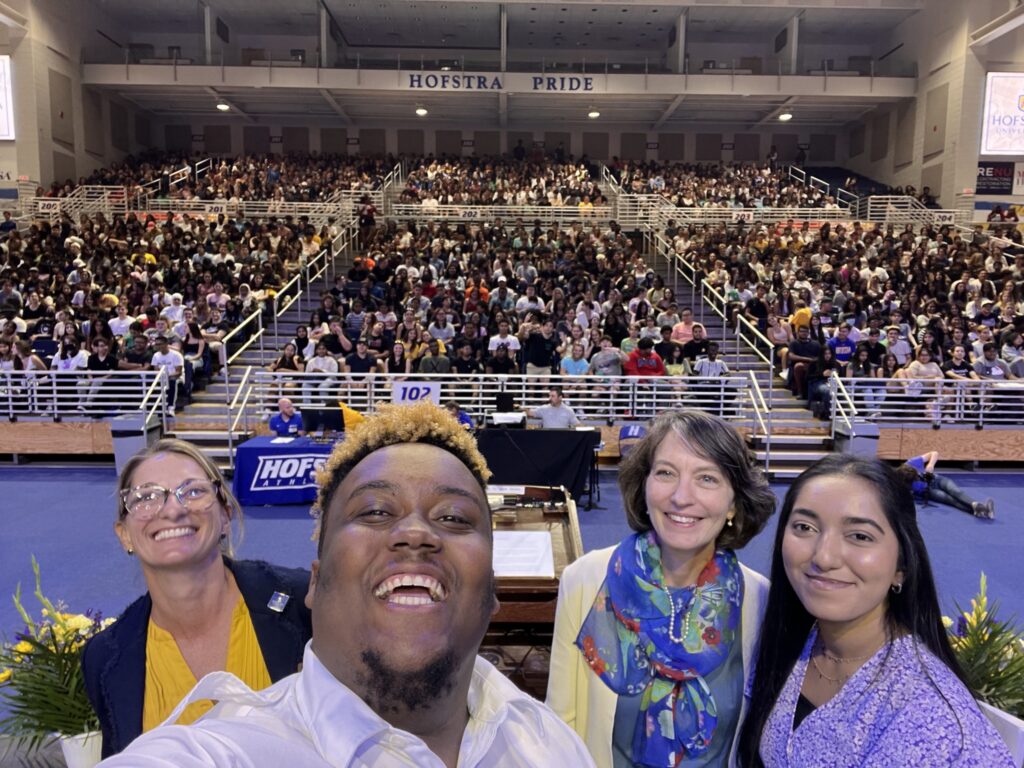
WG: The election process was very smooth. We are required to attend an info session to ensure we understand the position we are running for. We then have to collect enough signatures to represent 10% of our student body, which is about 600. After that, we can campaign, and I had a great campaign team of students who were also rerunning for student government. The team supported me with our social media push and made sure we were present and visible to the campus community.
Q: How do you balance being student government president, class work and any other obligations you have?
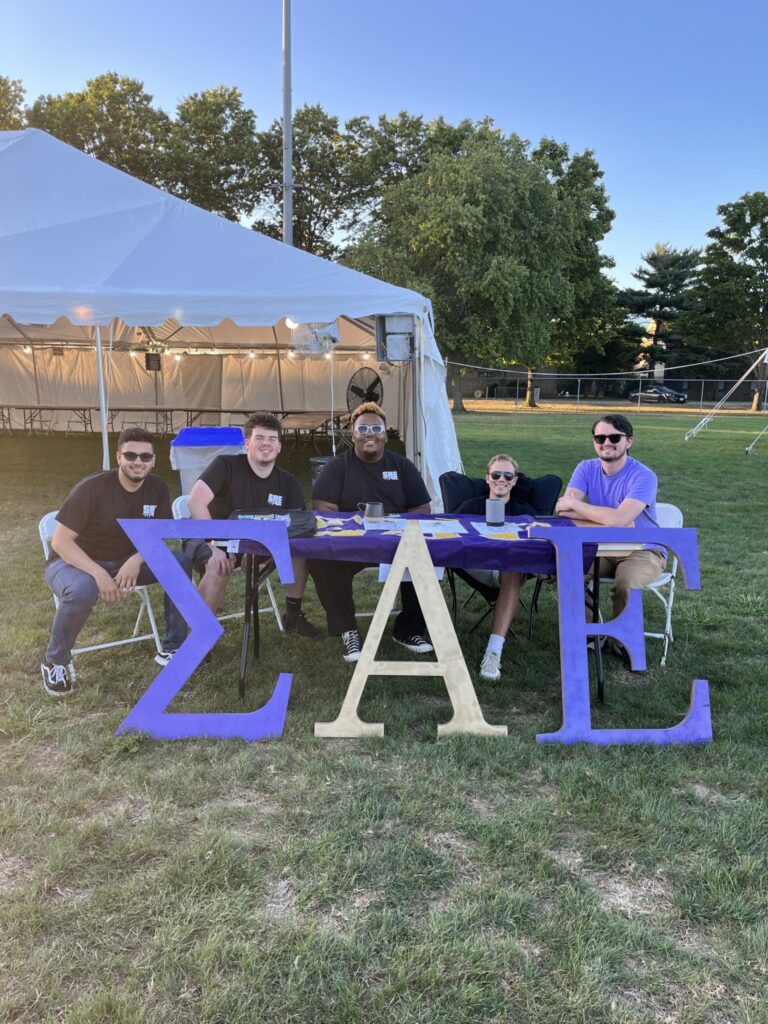
WG: I balance everything for student government president, class work and all other obligations in my Google Calendar. When I’m not acting as student government president I’m a resident assistant, an orientation leader this past summer and a member of Sigma Alpha Epsilon fraternity and Phi Delta Epsilon pre-medical fraternity. I also work as a tour guide on campus. Having all my events and time scheduled on Google Calendar and keeping myself accountable with due dates and reminders allows me to balance this position.
Q: What is the best part about being student government president?
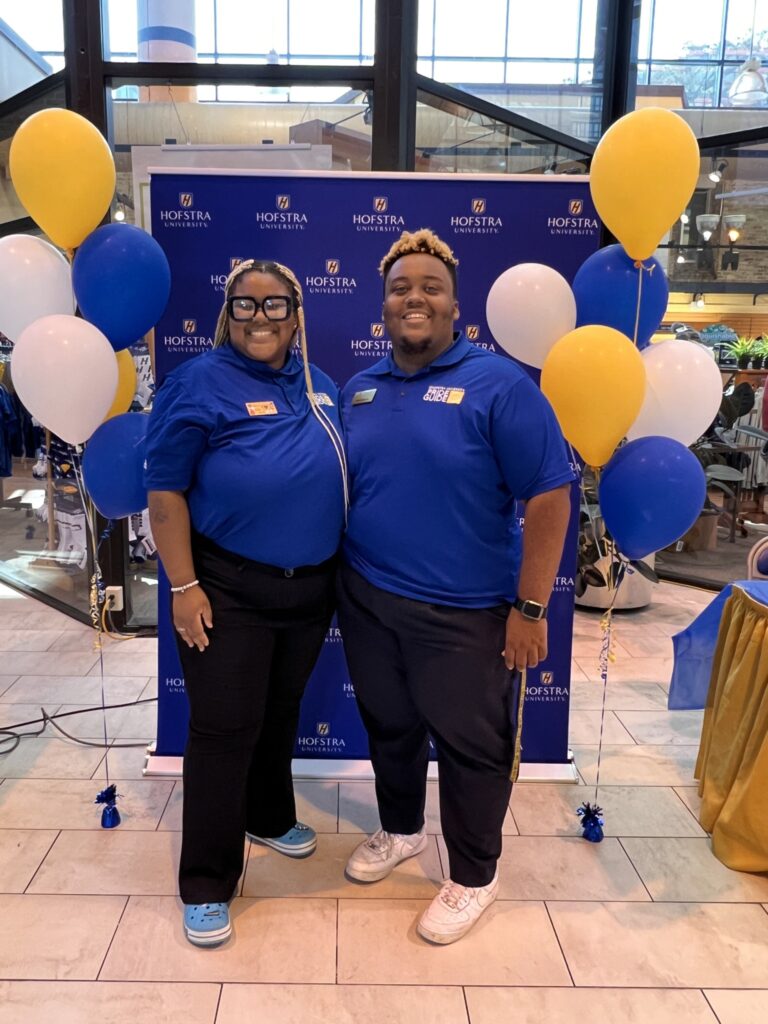
WG: I think the best part about being student government president is advocating at a level that I haven’t been able to in lower positions. Another great part about being student government president is seeing the growth of your fellow student leaders that you oversee. If I have a concern or if a friend of mine has a concern, I can connect them with the right office and person a lot easier than I could as a first-year student or sophomore. And knowing that I can help so many people who look up to and depend on me for their student needs connect to the right resources is so fulfilling.
Q: What is the hardest part of being president that people may not realize?
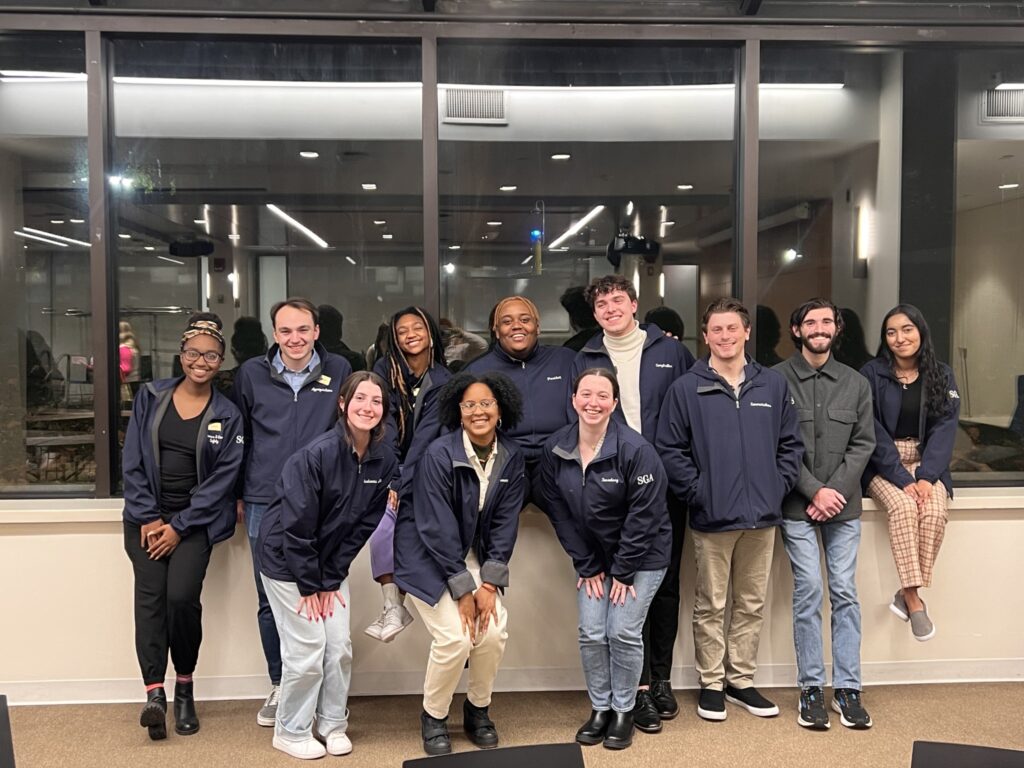
WG: I think the hardest part is that a lot of people don’t truly understand how much work goes into this position. From an outside perspective, it’s a cool title to be president of the student body; but, students don’t realize that you work late nights, send emails well into the morning and devote a lot of your free time to this job. Another hard part is keeping certain information confidential and sometimes not being able to explain the entire story of something because not everything can be said out of privacy and safety for other parties. It’s very easy to be painted as the bad guy in a lot of situations when you are working to help individuals.
Q: If you could be remembered for one accomplishment during your time as president so far, what would that be?
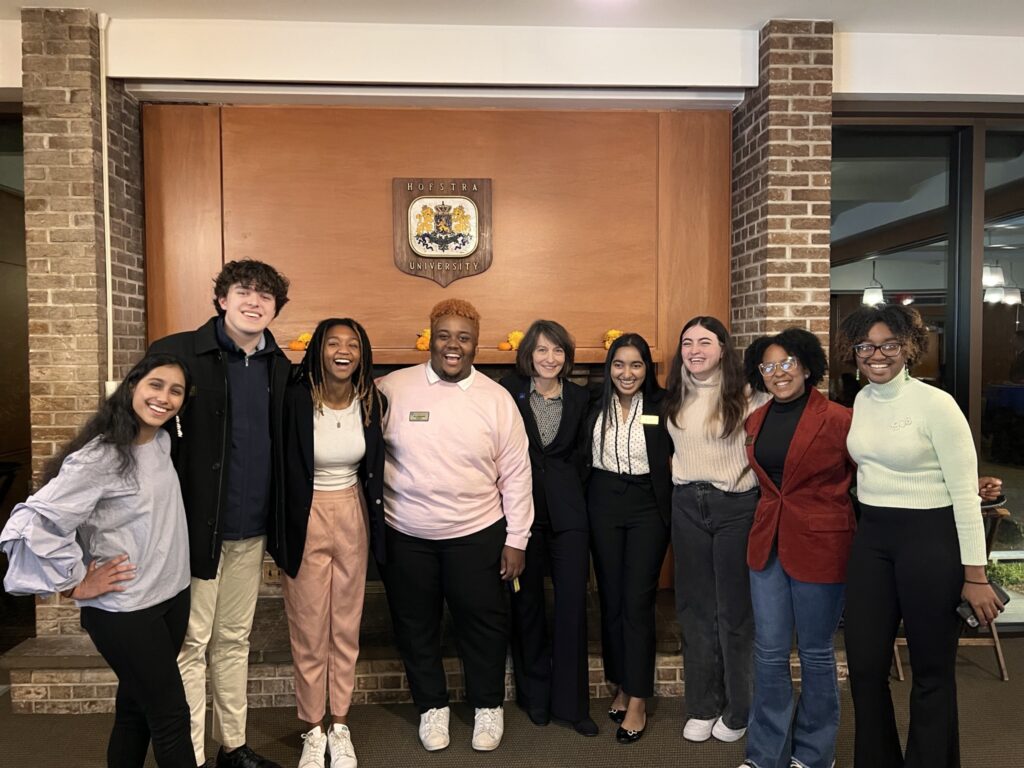
WG: If I could be remembered for one accomplishment during my time as president so far, that would be making integral changes within Student Life along with our vice president of Student Enrollment Engagement and Success. Being student government president is a lot of amplifying voices and making sure concerns are properly heard. With my greater access to senior-level administrators, like the university president and her vice presidents, I have been able to make sure that the specific needs of different student populations are being heard. And because the concerns have been heard directly, they’re being addressed in a direct manner that students can see.
Q: What do you hope to accomplish in the spring semester as student gov. president?
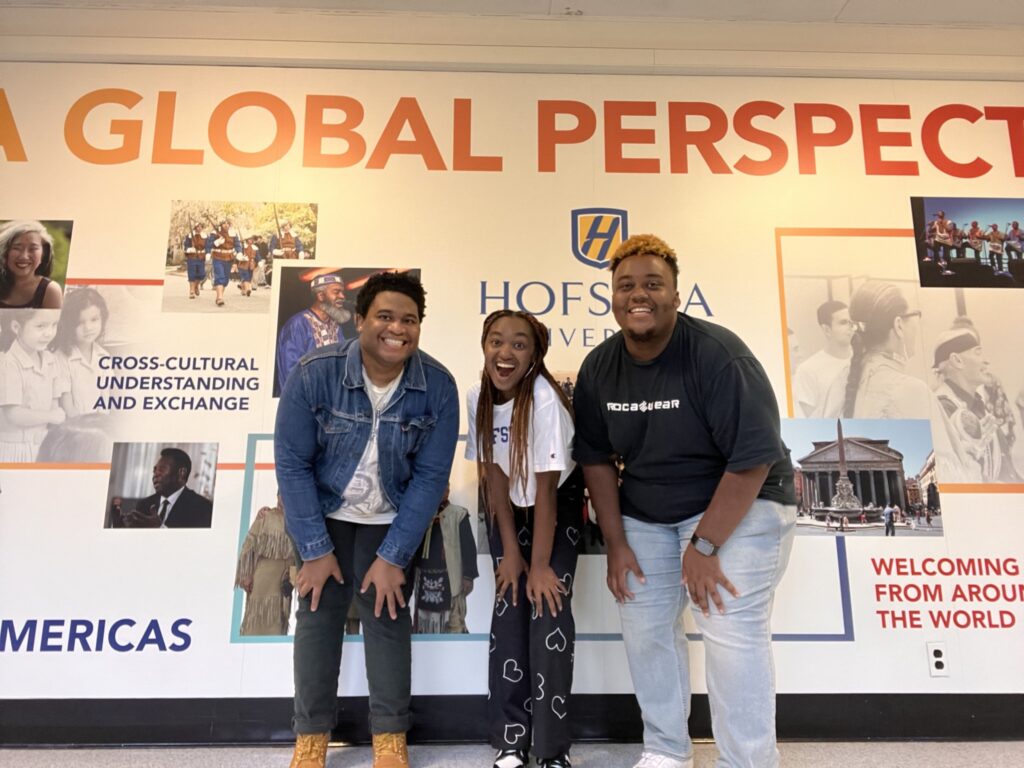
WG: My biggest hope of accomplishment for this current semester as student government president is to have individuals ready, willing and able to continue the great work that I have started, not just in my presidency but in my work as a chair and a senator. This is through serving as a mentor to many of our students as well as recruiting and empowering students to run for student government to make their voices heard and take their rightful seat at the table once they’re elected.
Q: What are your career goals, and will your presidential role correlate/help you with your future career? If so, in what ways?
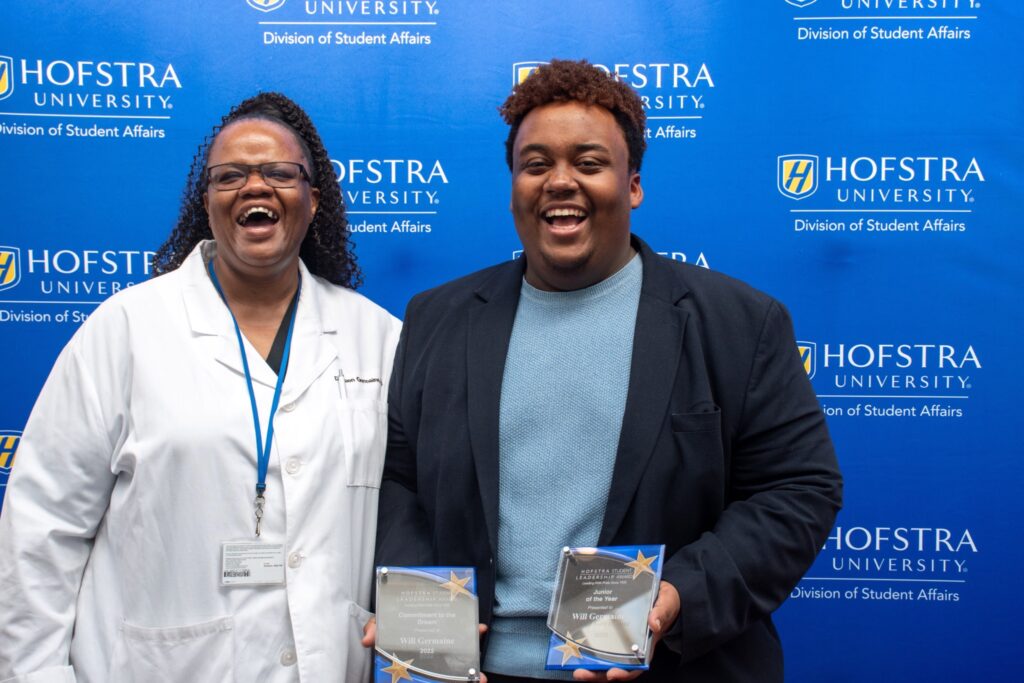
WG: I’m currently enrolled in the Masters of Health Administration dual degree program here at Hofstra, and my career goals are to work in a hospital field in an advocacy setting. I think being president has given me training that is only accessible beyond the classroom. I am a 21-year-old with so much experience running board meetings, meeting with higher-level administrators and advocating for the needs of students: I want to be able to do that for patients and community members for the rest of my life. As president, I now have the best building blocks and foundation to continue that passion for advocacy professionally.
Q: Do you have any aspirations to run for any political positions after graduation?
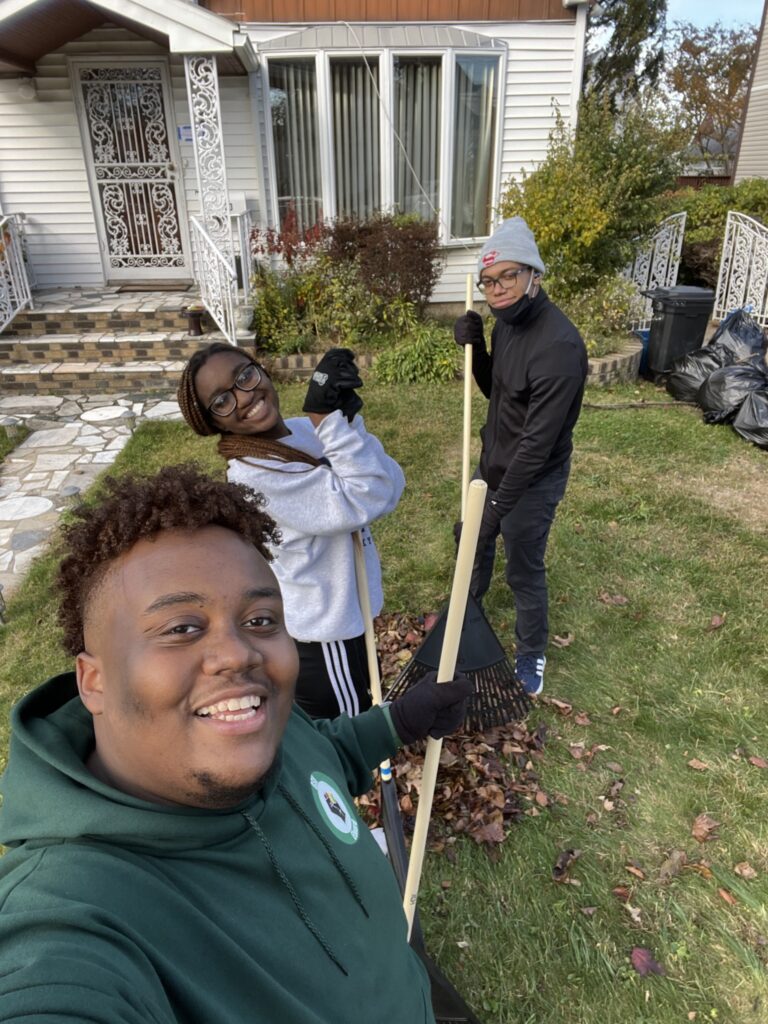
WG: Honestly, I don’t have any aspirations to run for any political positions because I’ve never truly been interested in politics as a career. Never say never, but as of now, I don’t have any aspirations.
How to Run for Office:
3 Helpful Tips from Will
Tip #1— Be yourself! Your constituents, AKA your fellow students, will know when you’re putting up a front and not being genuine and individuals are looking for genuine leaders with regard to their advocacy.
Tip #2— Make sure whatever you’re doing is for the right reasons! It can be easy to run for president simply to be the president, but if you’re not going for this position to advocate for students’ needs then you’re in the wrong position.
Tip #3— Trust your gut! Because your sense of self is your greatest ally, trusting your intuition will show others that you are s self-motivated person and ready to lead.
How to Connect with Will:
Student Government Email: [email protected]
Personal School Email: [email protected]
LinkedIn: www.linkedin.com/in/willgermaine

